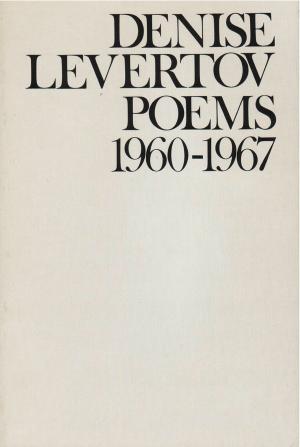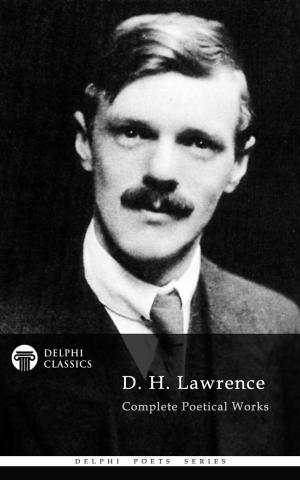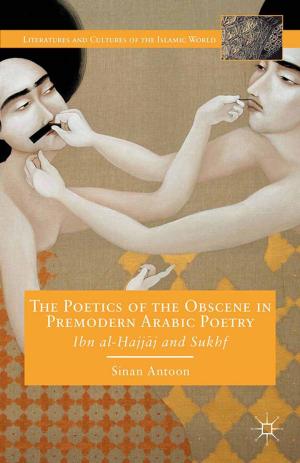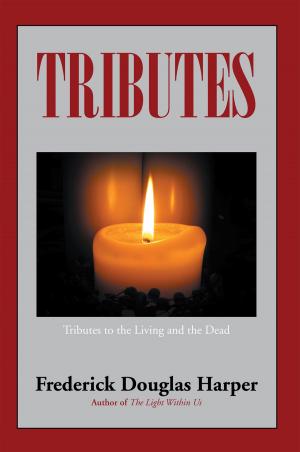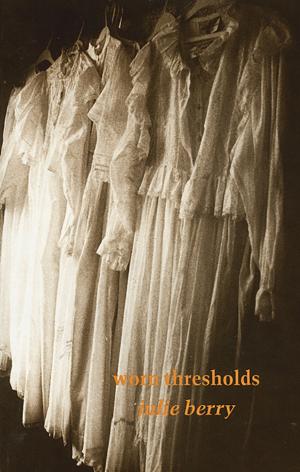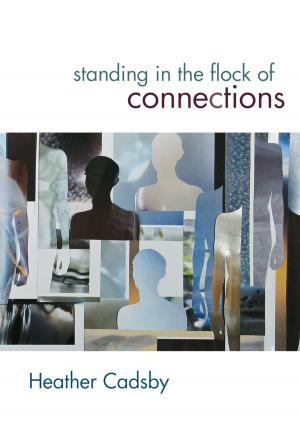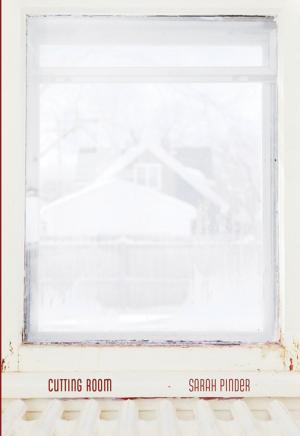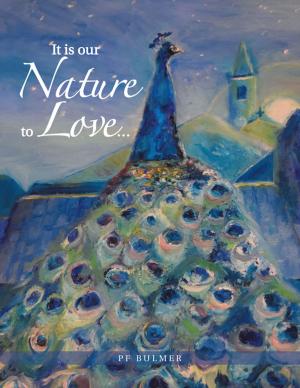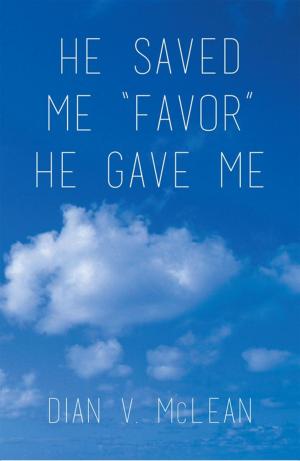| Author: | Simon H. Lilly | ISBN: | 9781905454167 |
| Publisher: | Simon H. Lilly | Publication: | February 20, 2013 |
| Imprint: | Smashwords Edition | Language: | English |
| Author: | Simon H. Lilly |
| ISBN: | 9781905454167 |
| Publisher: | Simon H. Lilly |
| Publication: | February 20, 2013 |
| Imprint: | Smashwords Edition |
| Language: | English |
This is the first published collection of poetry from Simon H. Lilly, an artist and lecturer who is also an established writer on esoteric healing. The majority of the works are from the last two years, with a selection of earlier poems spanning four decades. There are over a hundred poems, from short, haiku-style pieces to longer performance texts and epic narratives. The landscape of the changing seasons is often the backdrop upon which the nature of mind, awareness and reality is explored. His poetic influences are the spiritual landscapes evoked by Classical Chinese and Japanese poets, the rhythms and word-play of Old English charms and spells, and the wistful lilt and muscle of the Celtic bardic traditions, particularly the contemporary Scottish Gaelic masters.
Rich language, sometimes dense, sometimes light, always looking to recreate an instant within memory, a picture in words. Quiet, contemplative, but never sentimental, he describes these poems as "flocks of thoughts watched from a quiet distance".
This is the first published collection of poetry from Simon H. Lilly, an artist and lecturer who is also an established writer on esoteric healing. The majority of the works are from the last two years, with a selection of earlier poems spanning four decades. There are over a hundred poems, from short, haiku-style pieces to longer performance texts and epic narratives. The landscape of the changing seasons is often the backdrop upon which the nature of mind, awareness and reality is explored. His poetic influences are the spiritual landscapes evoked by Classical Chinese and Japanese poets, the rhythms and word-play of Old English charms and spells, and the wistful lilt and muscle of the Celtic bardic traditions, particularly the contemporary Scottish Gaelic masters.
Rich language, sometimes dense, sometimes light, always looking to recreate an instant within memory, a picture in words. Quiet, contemplative, but never sentimental, he describes these poems as "flocks of thoughts watched from a quiet distance".

